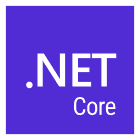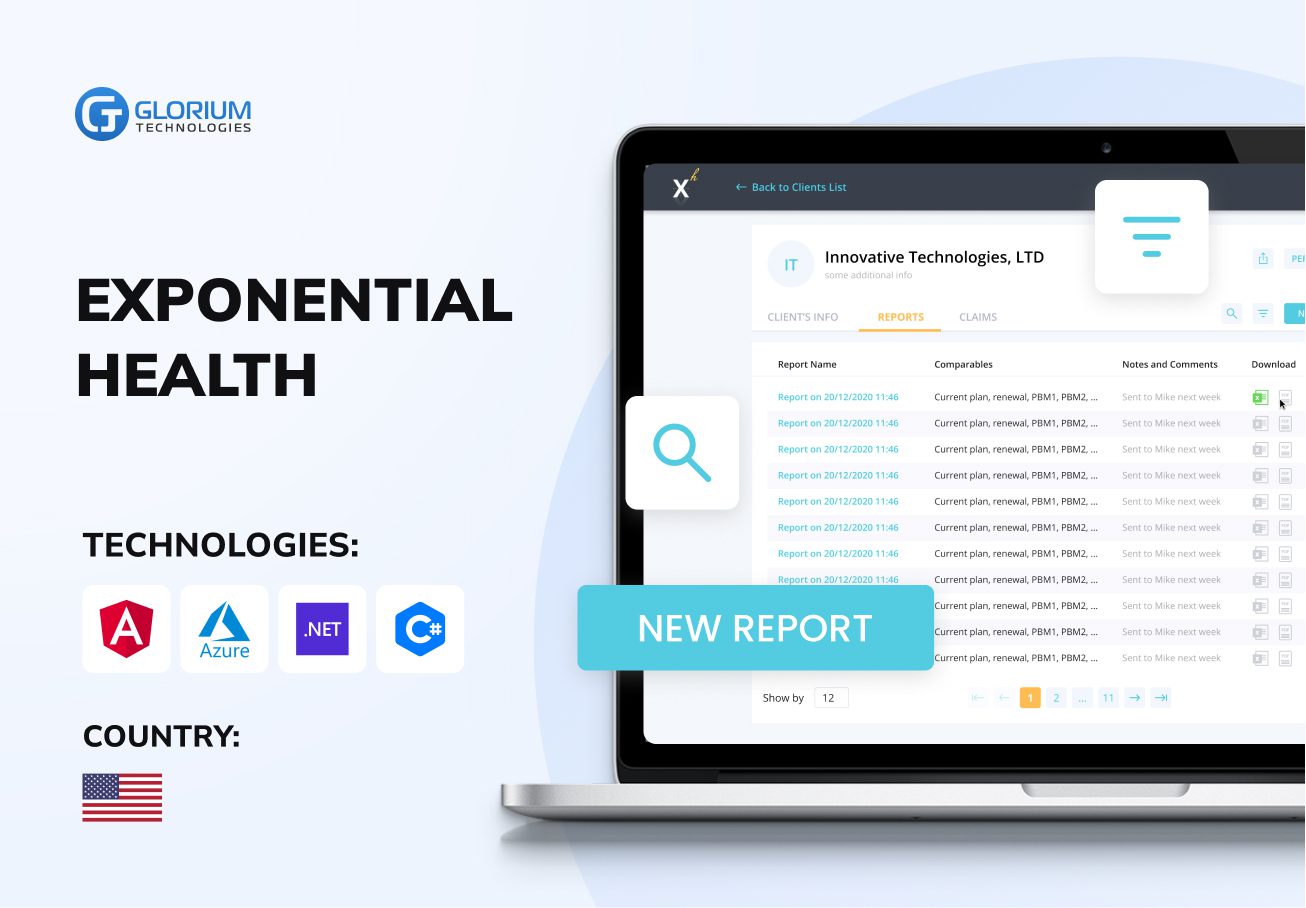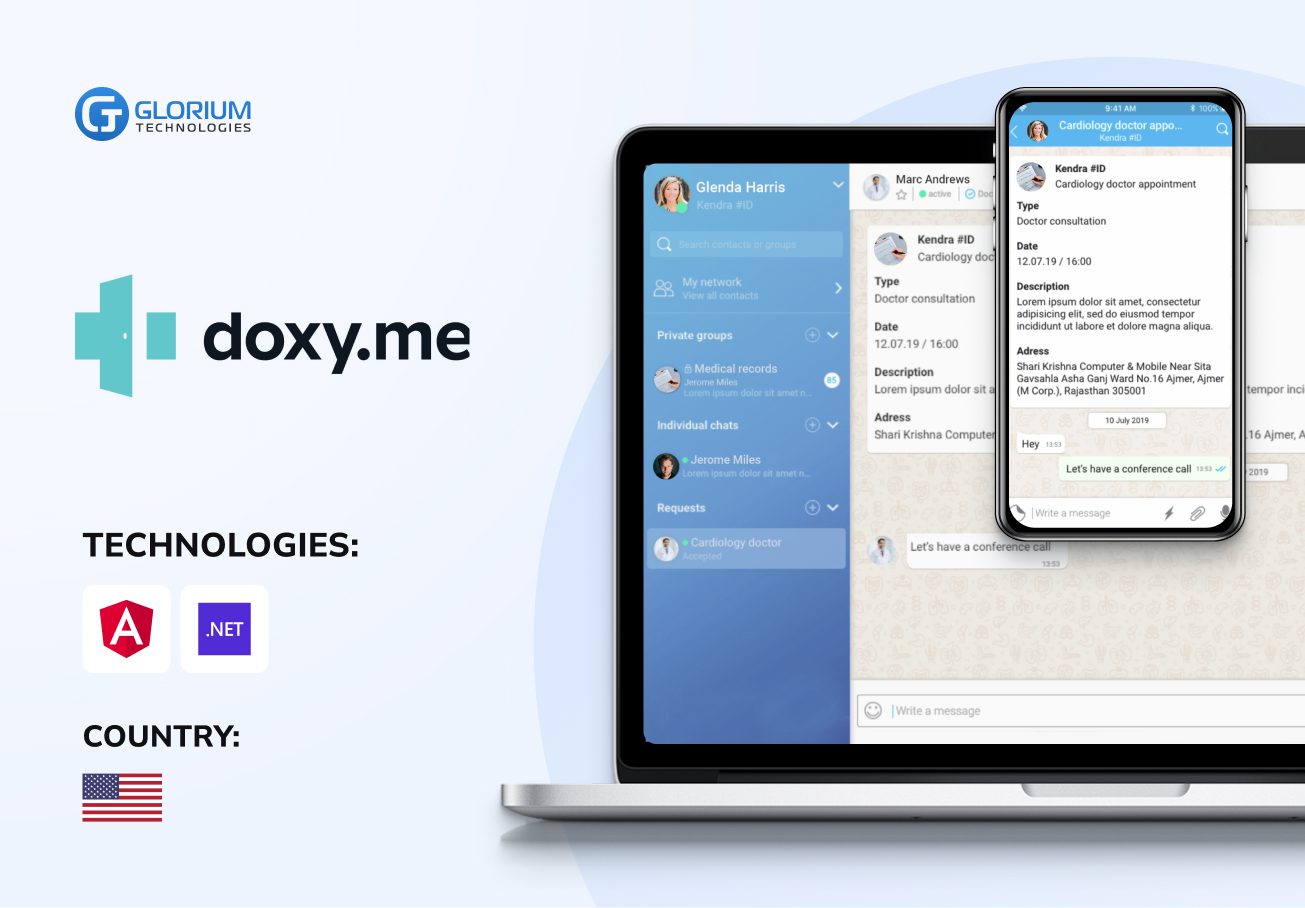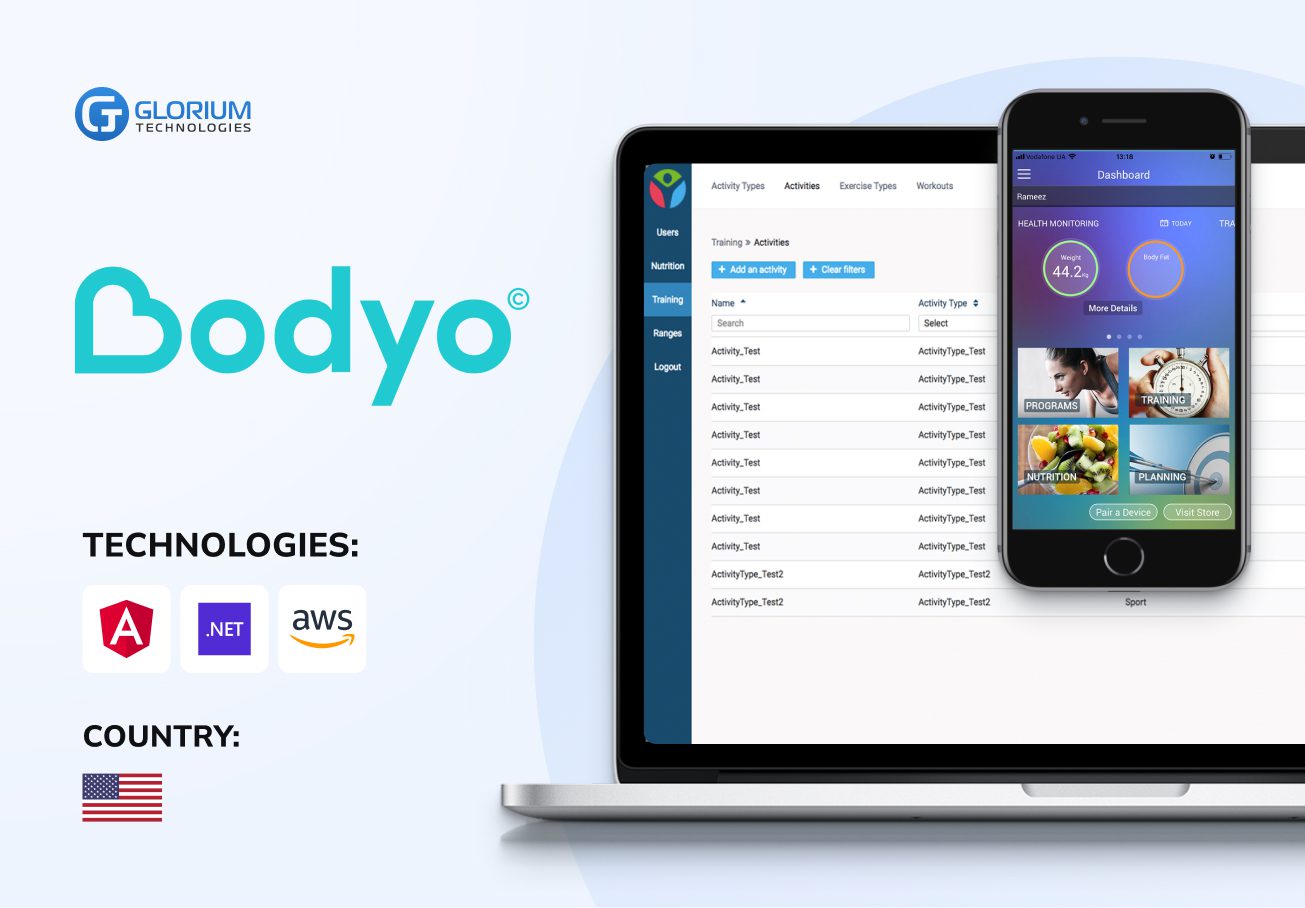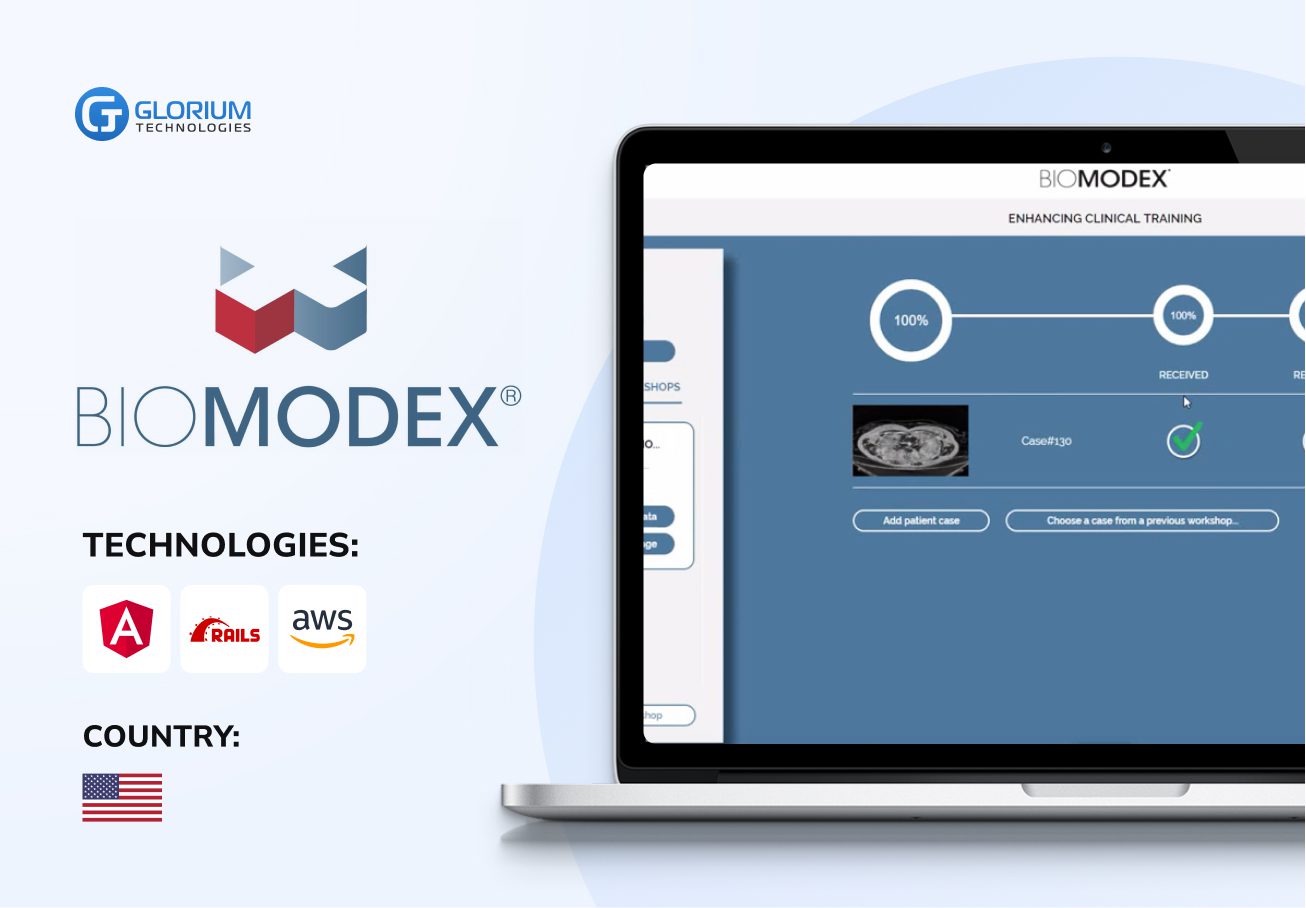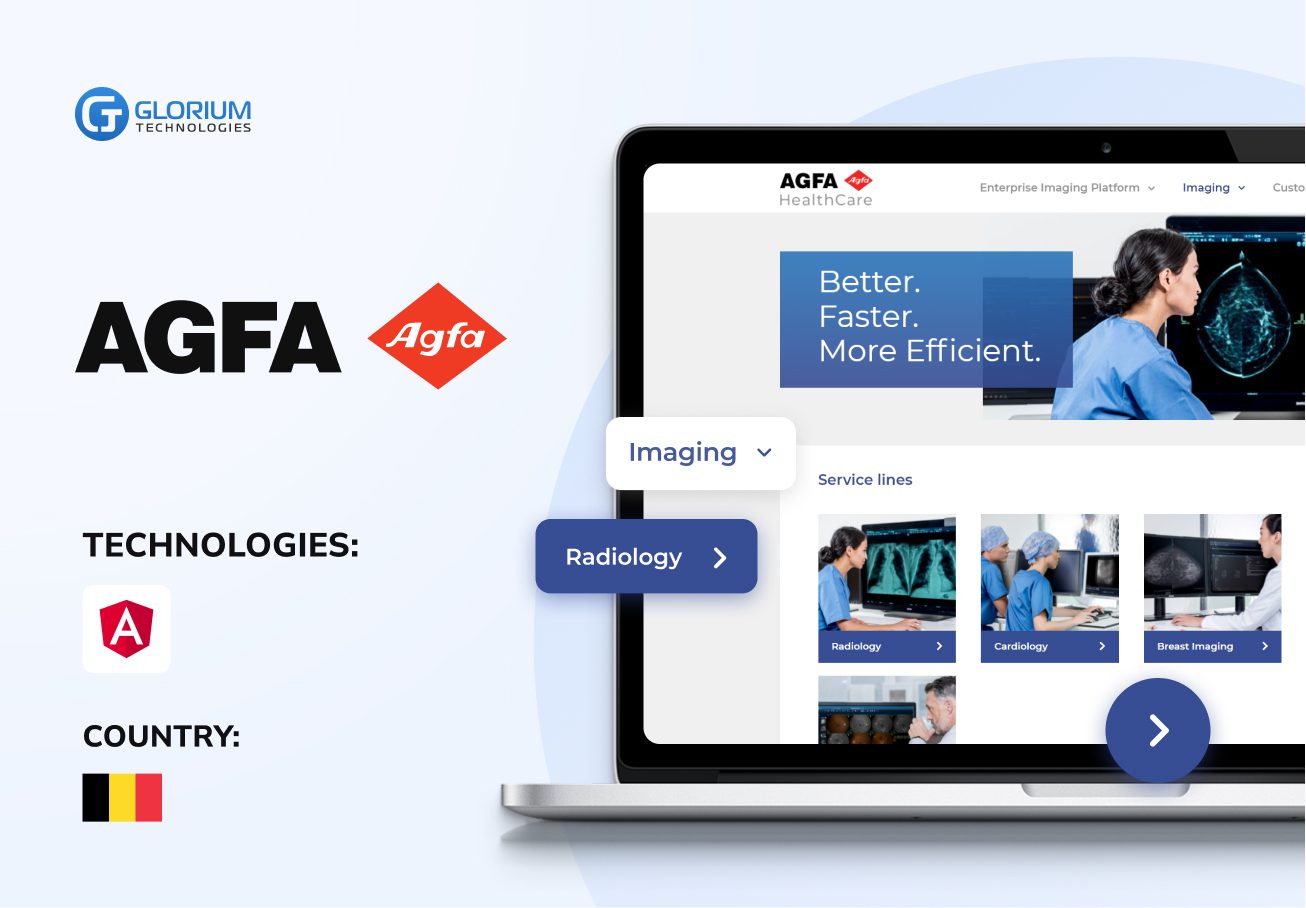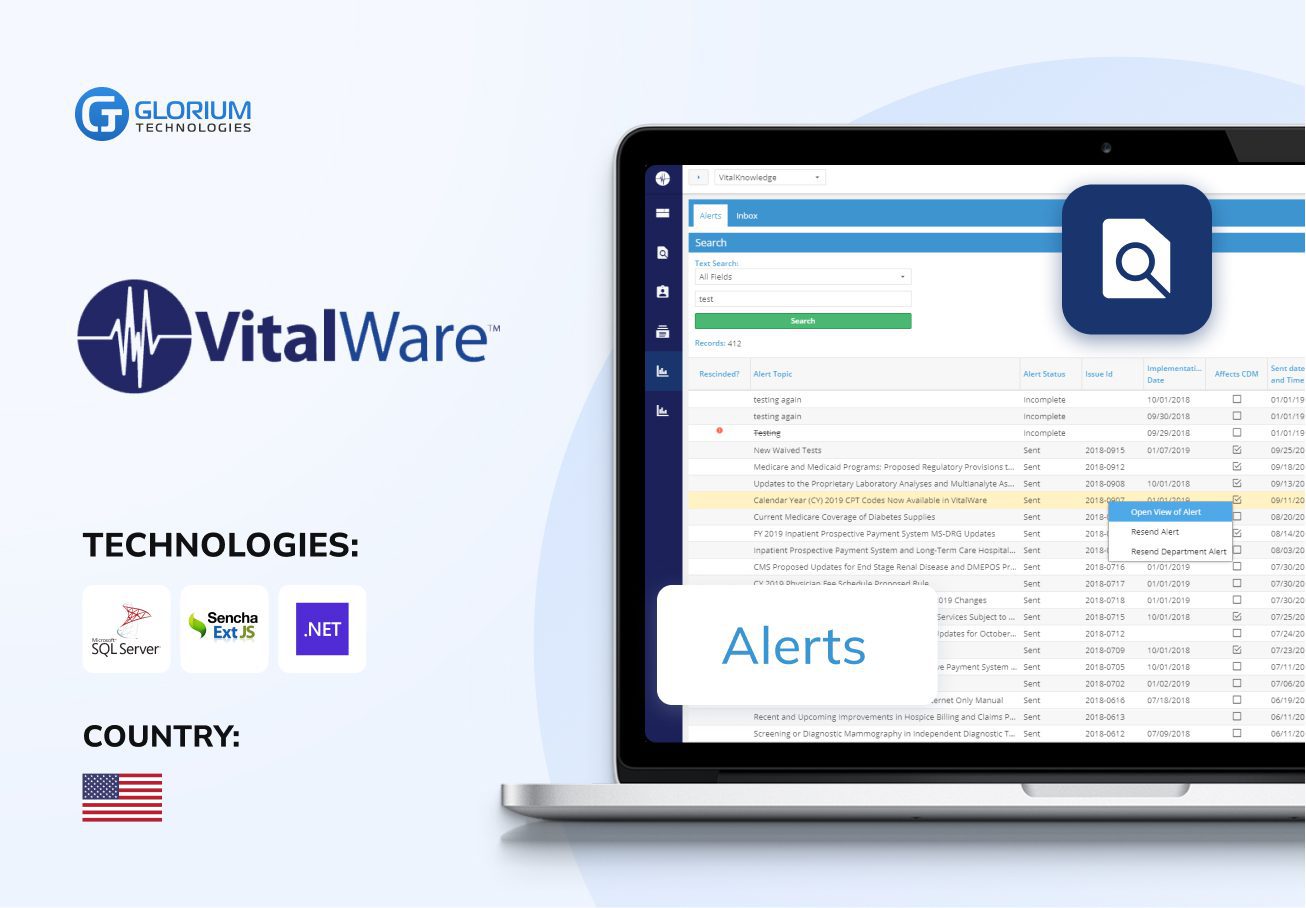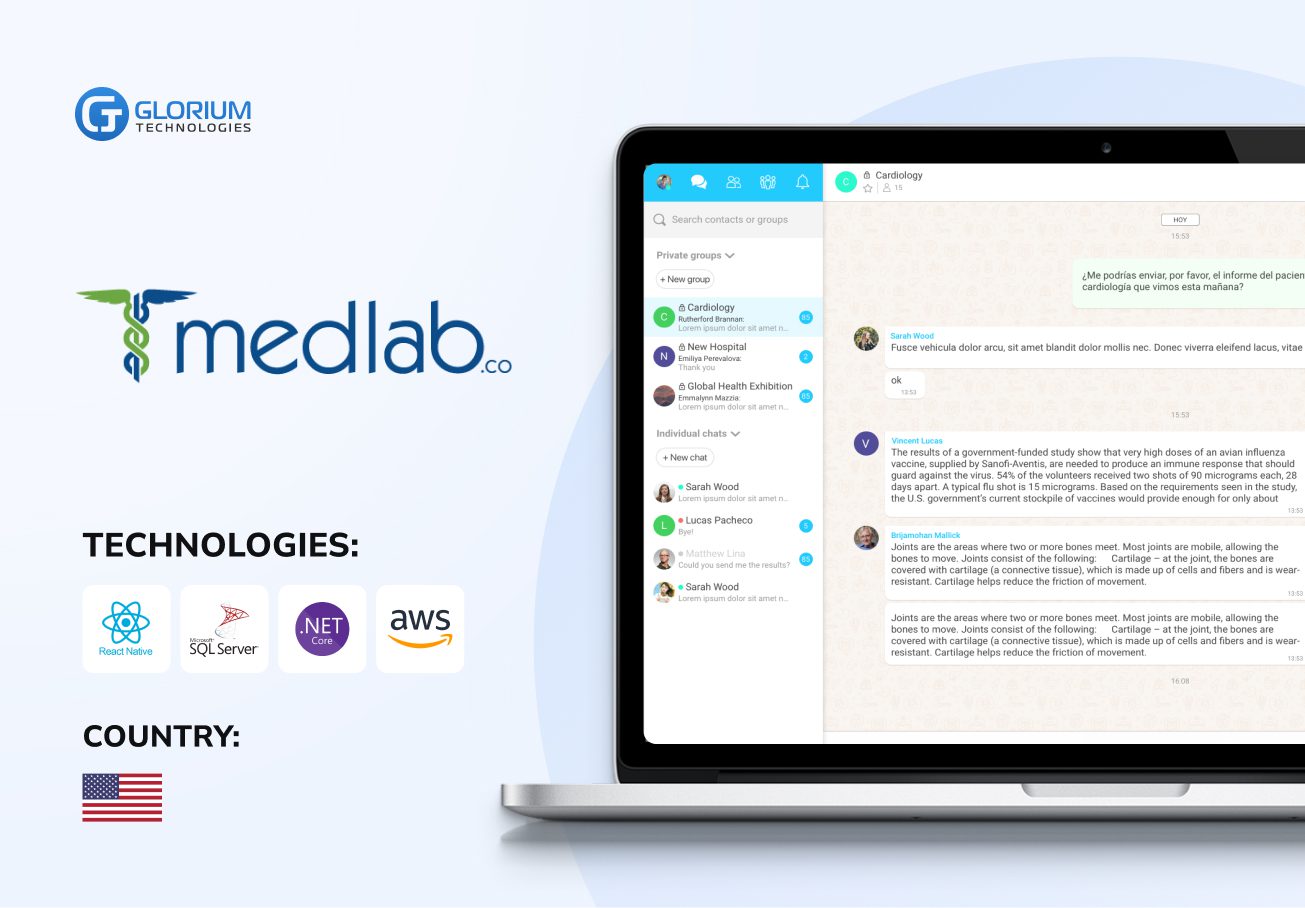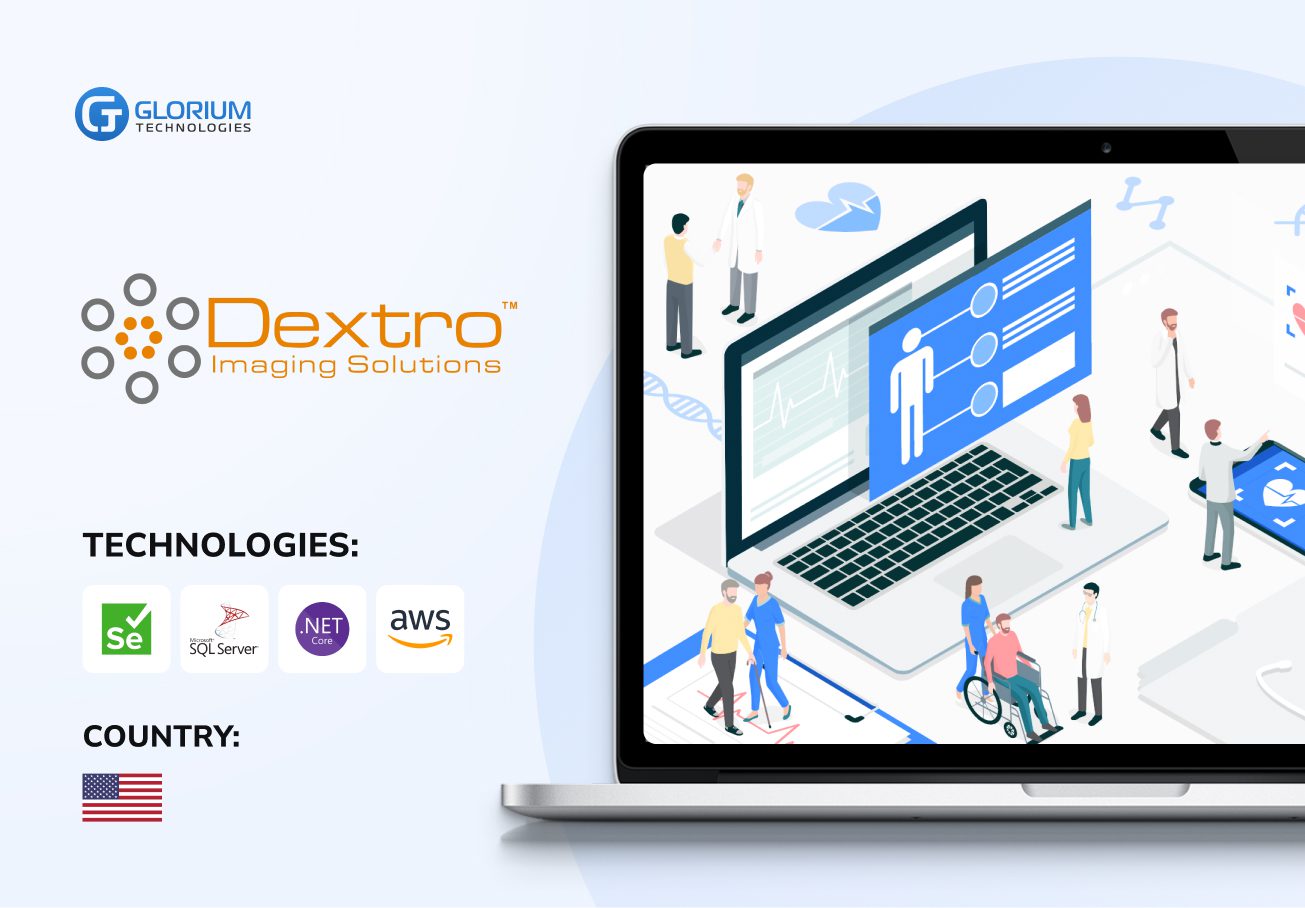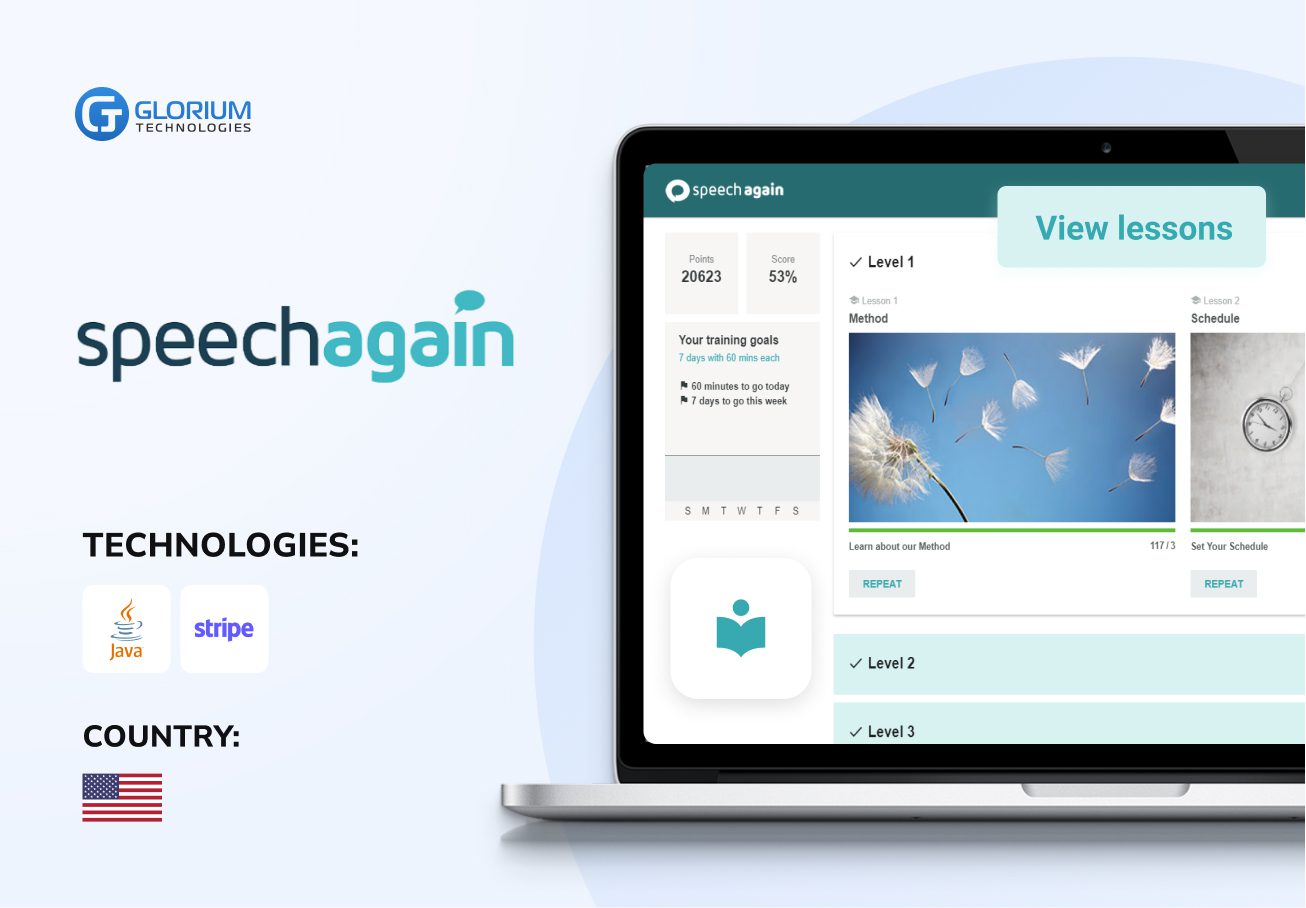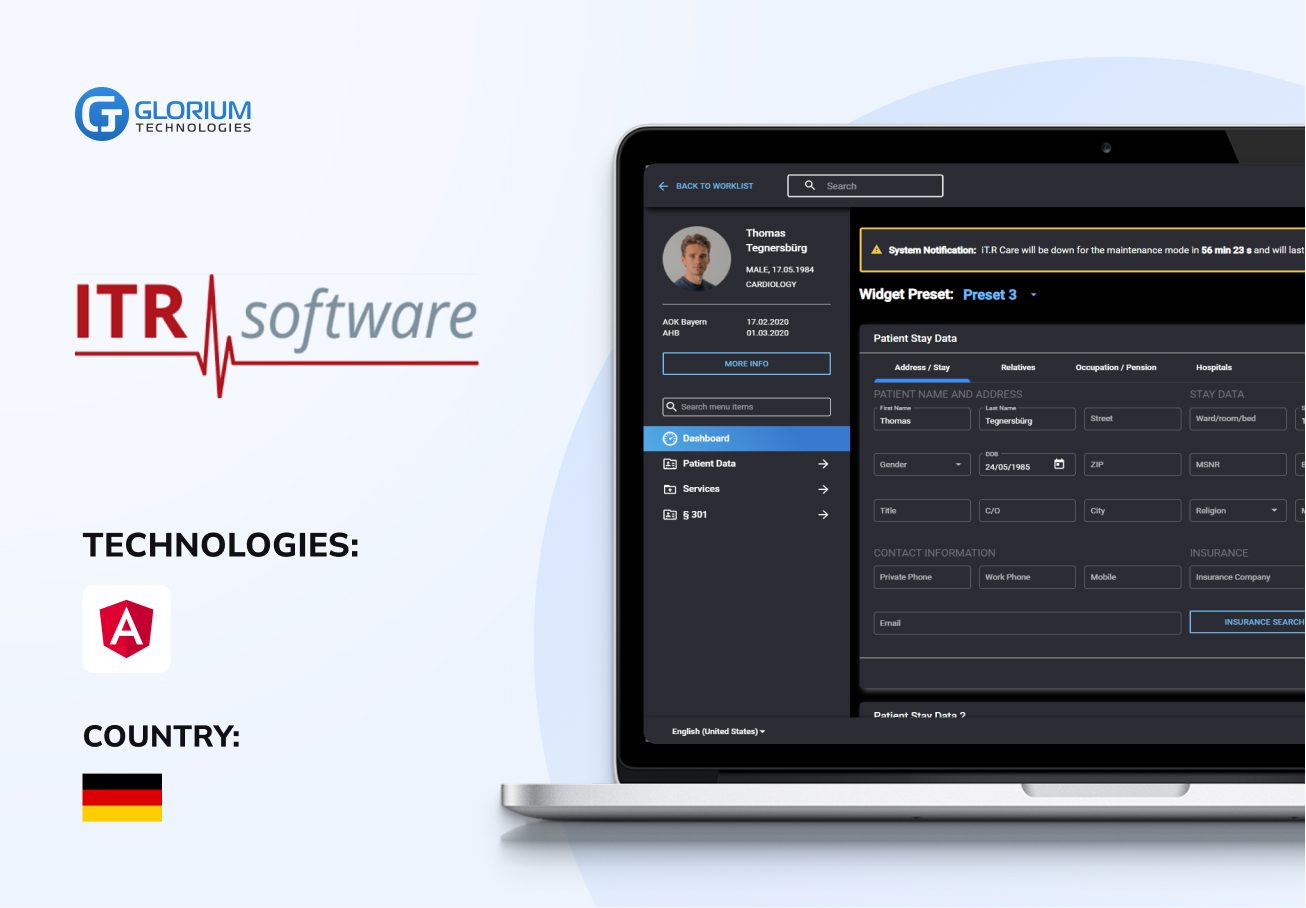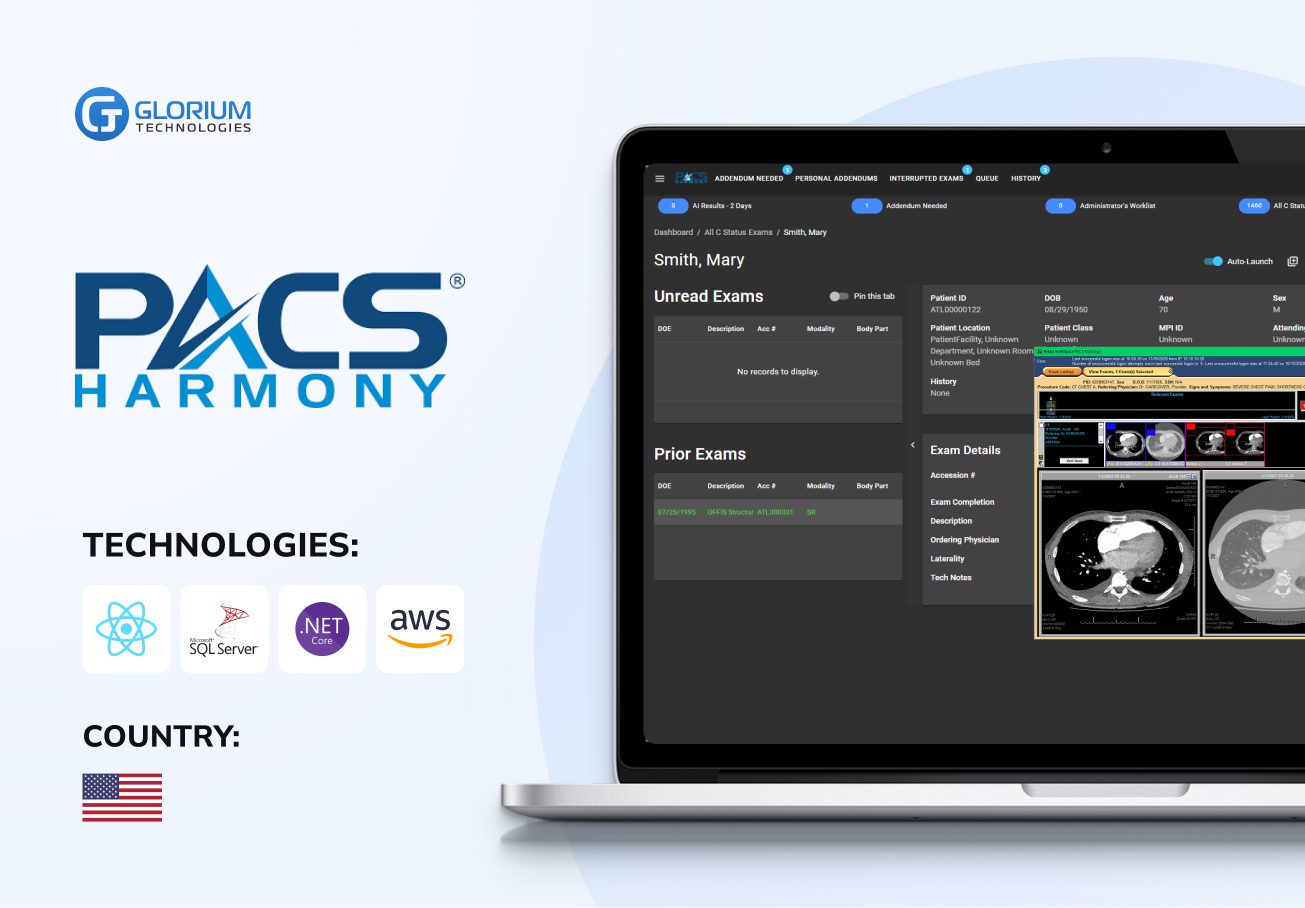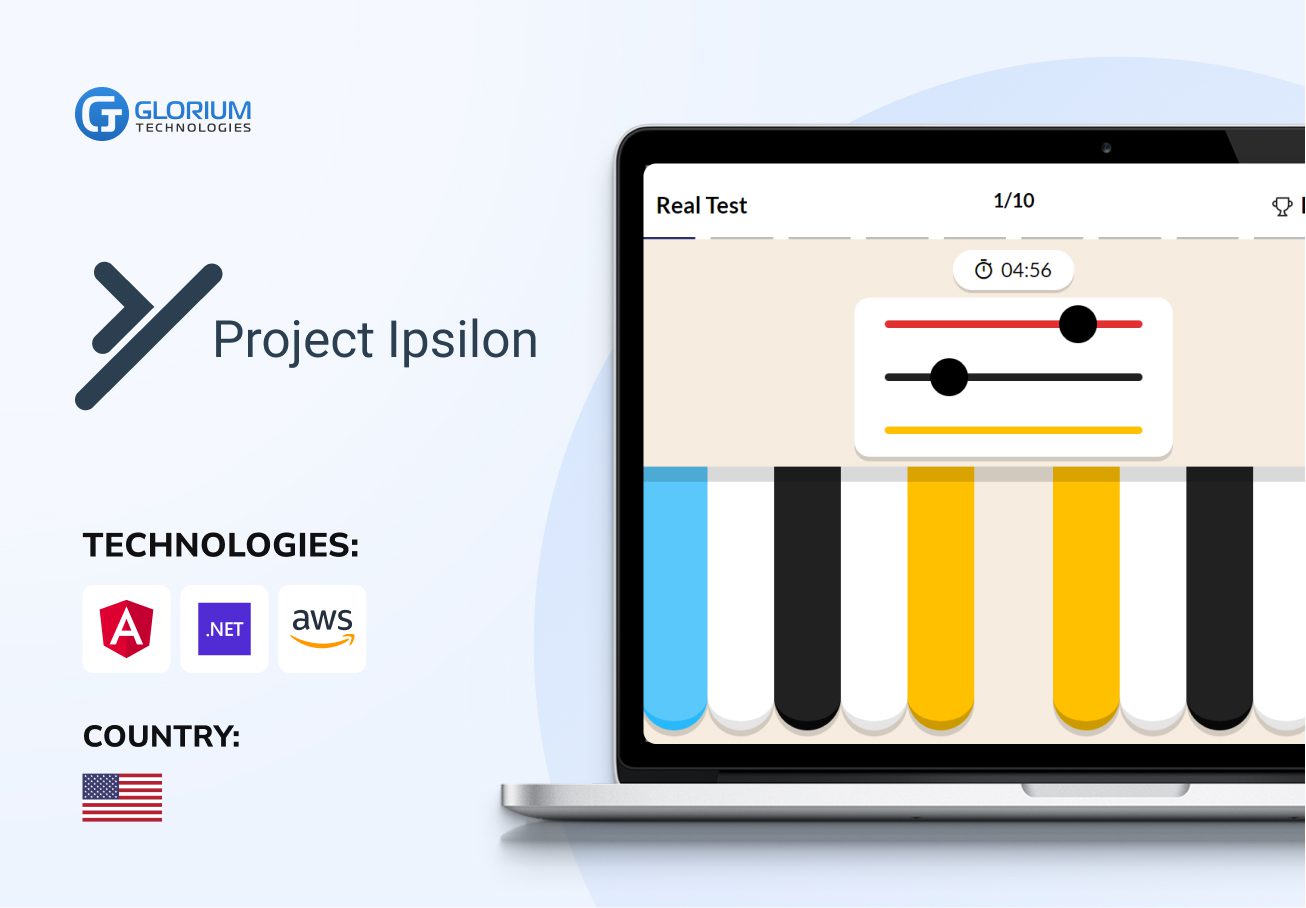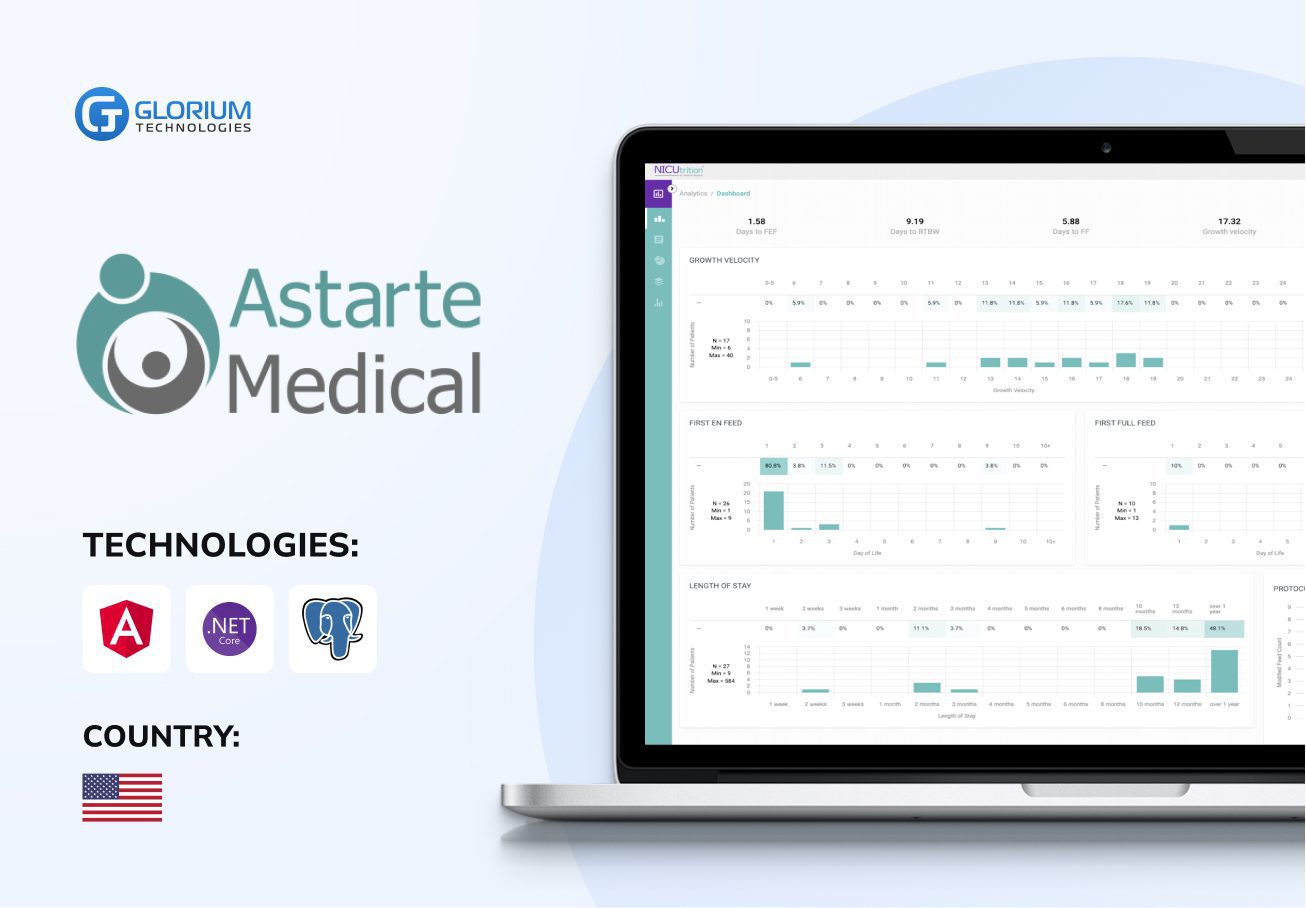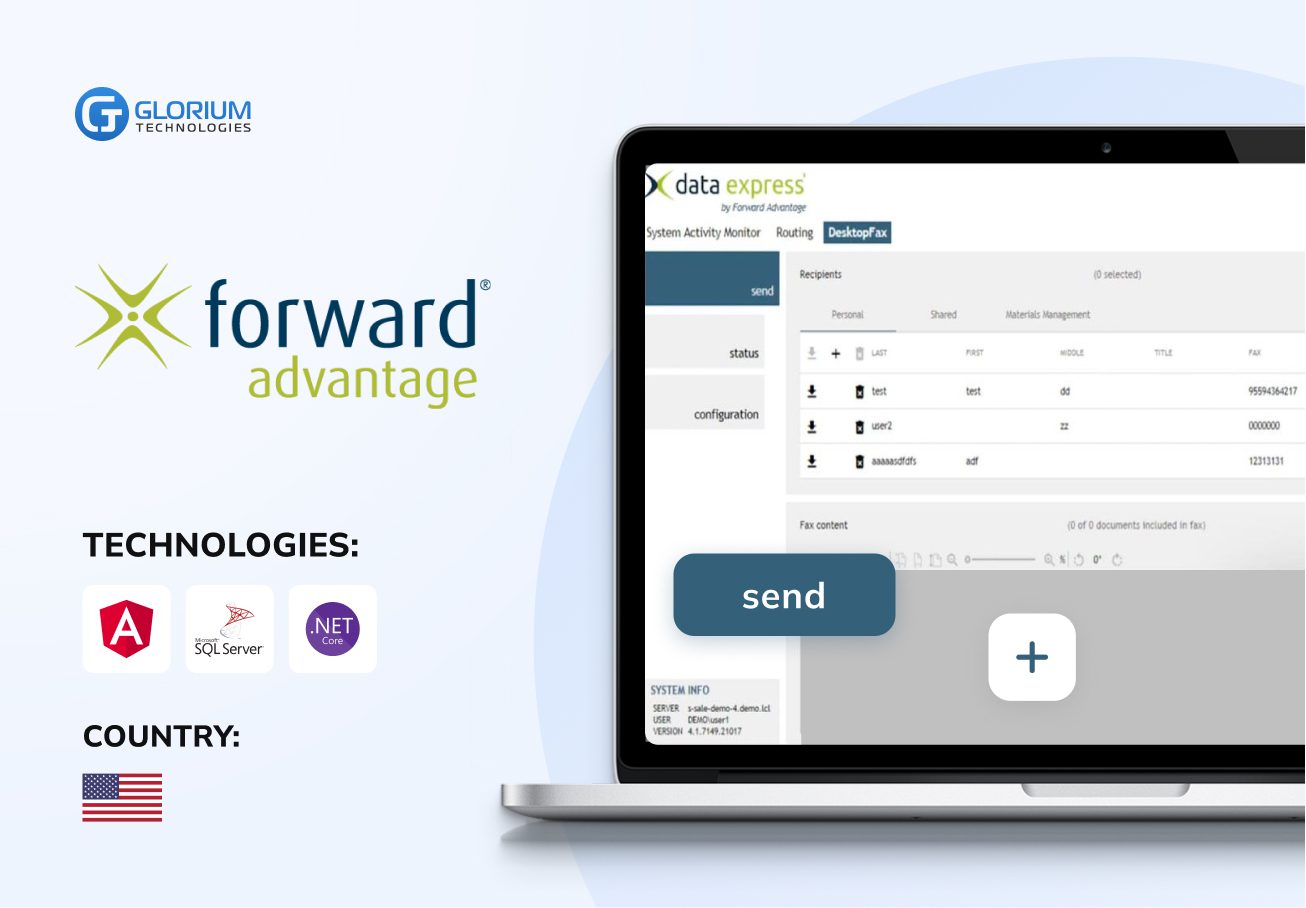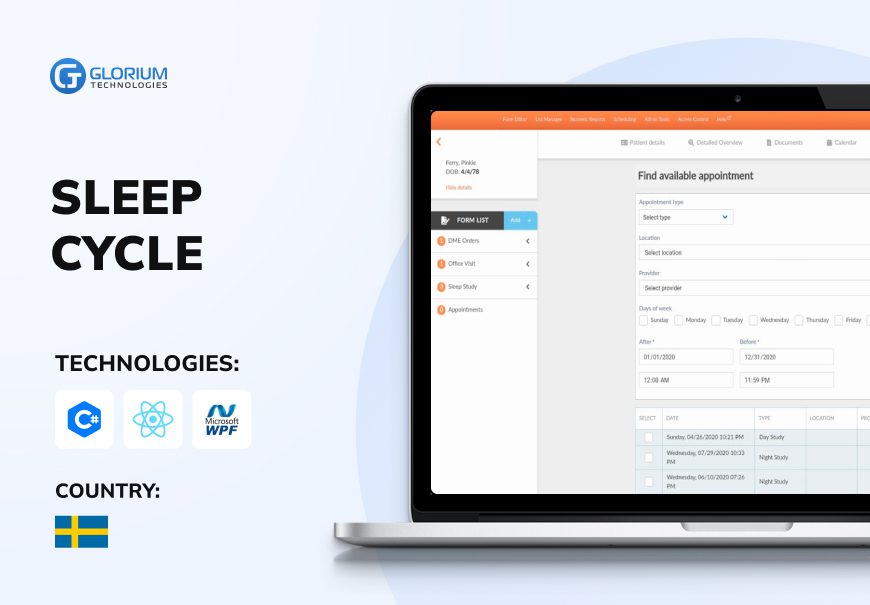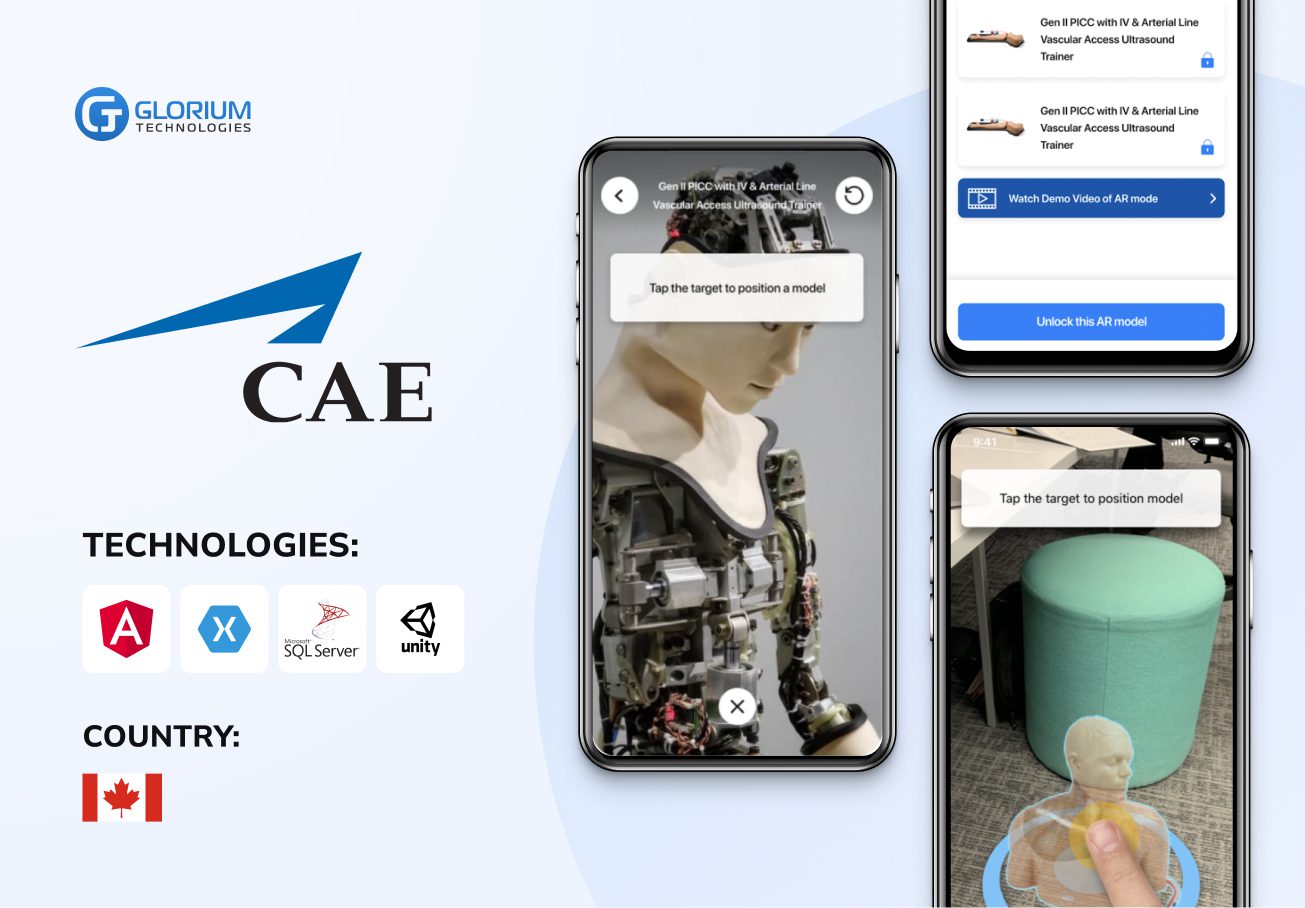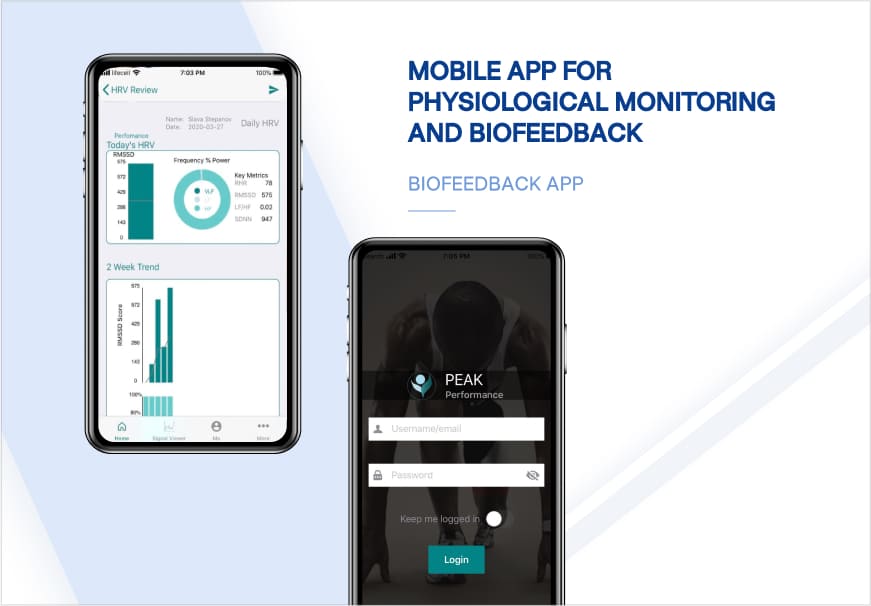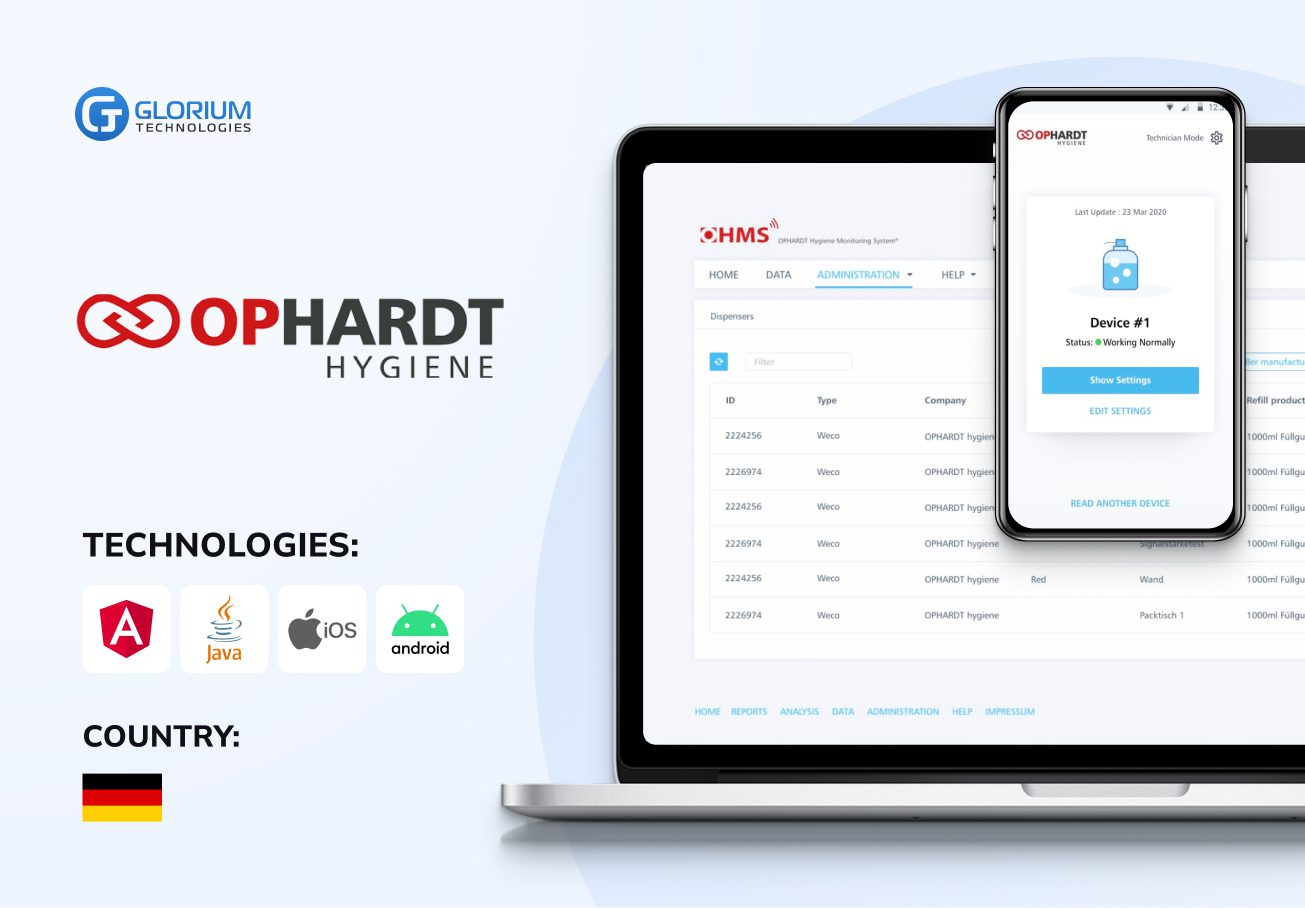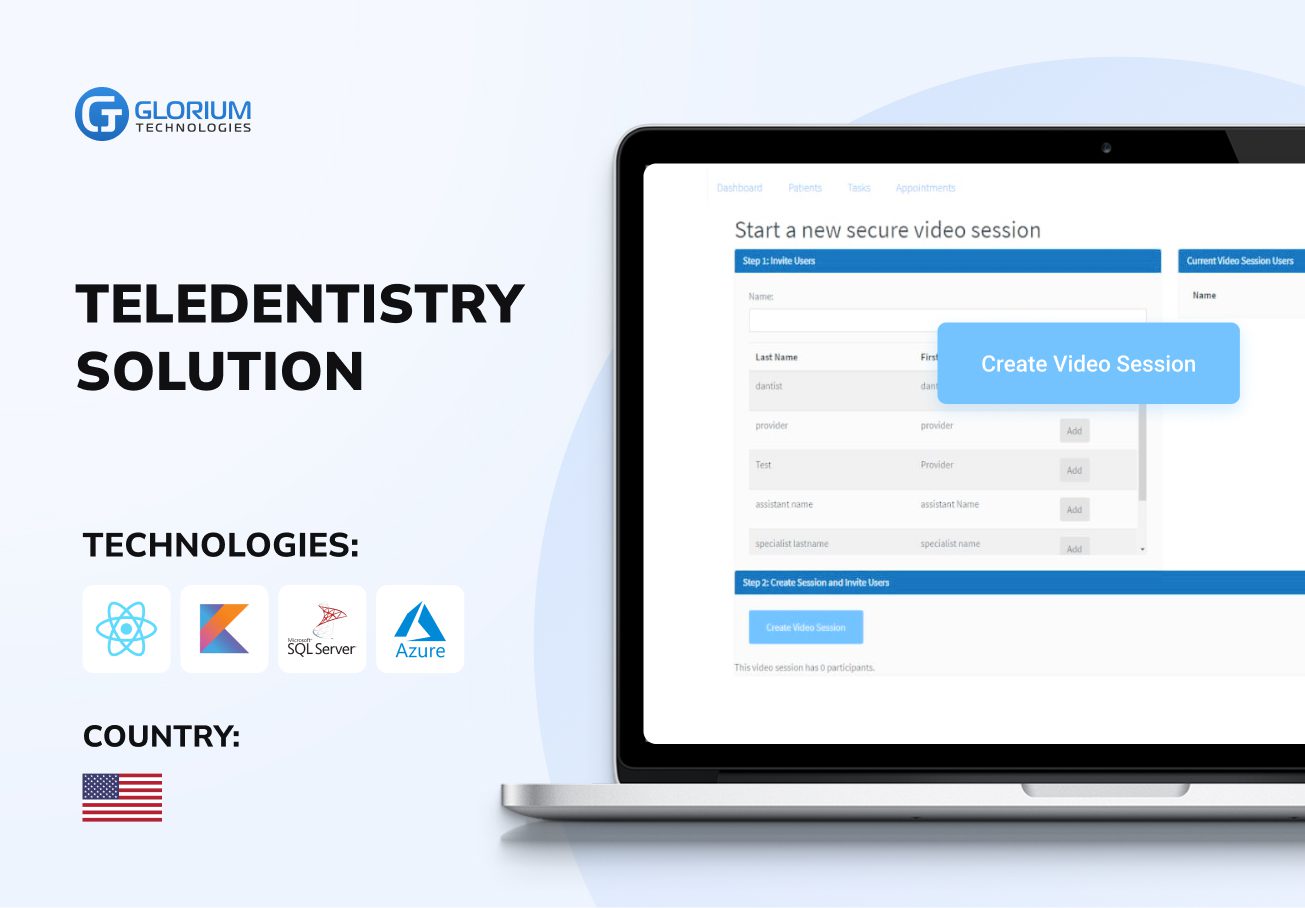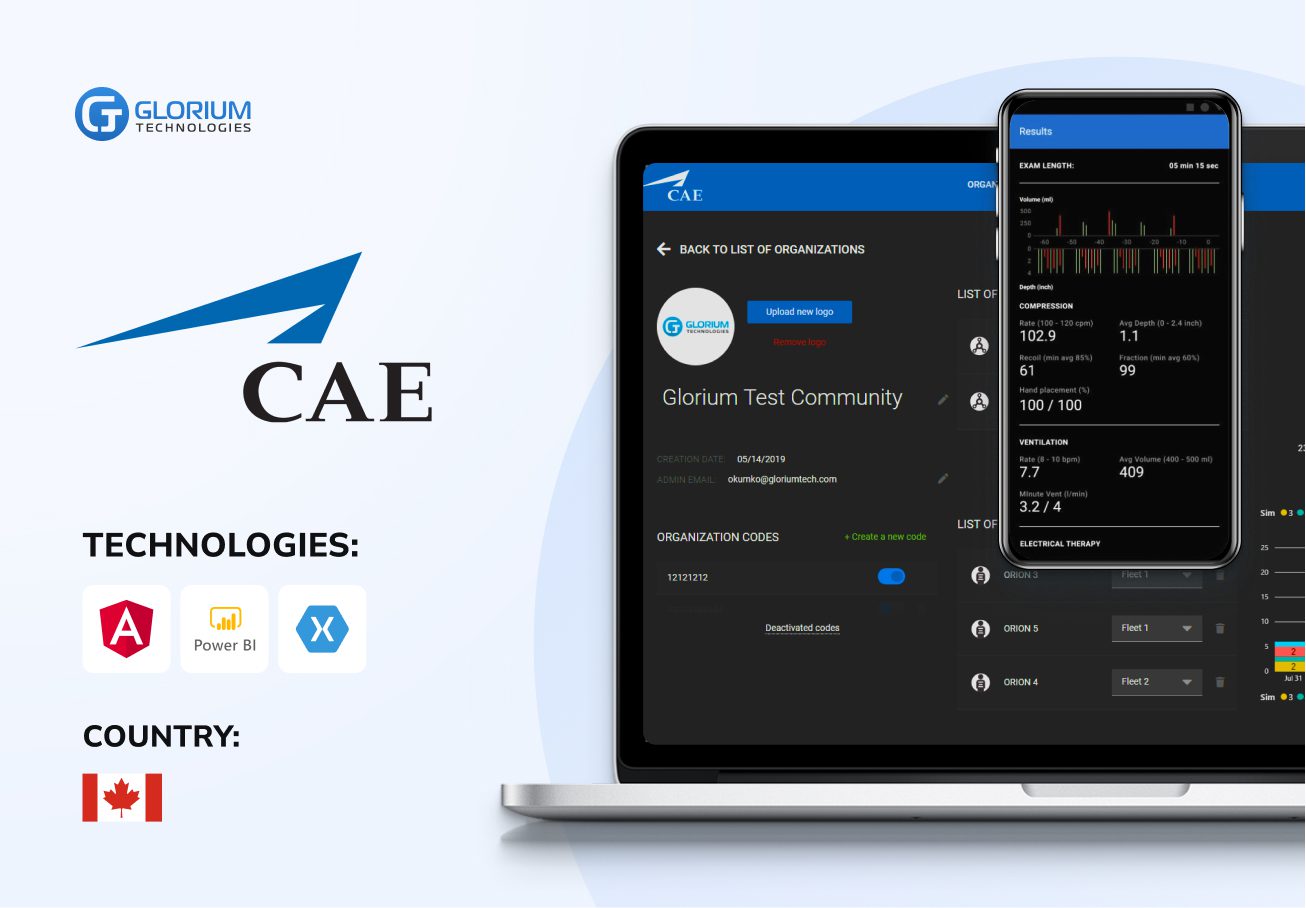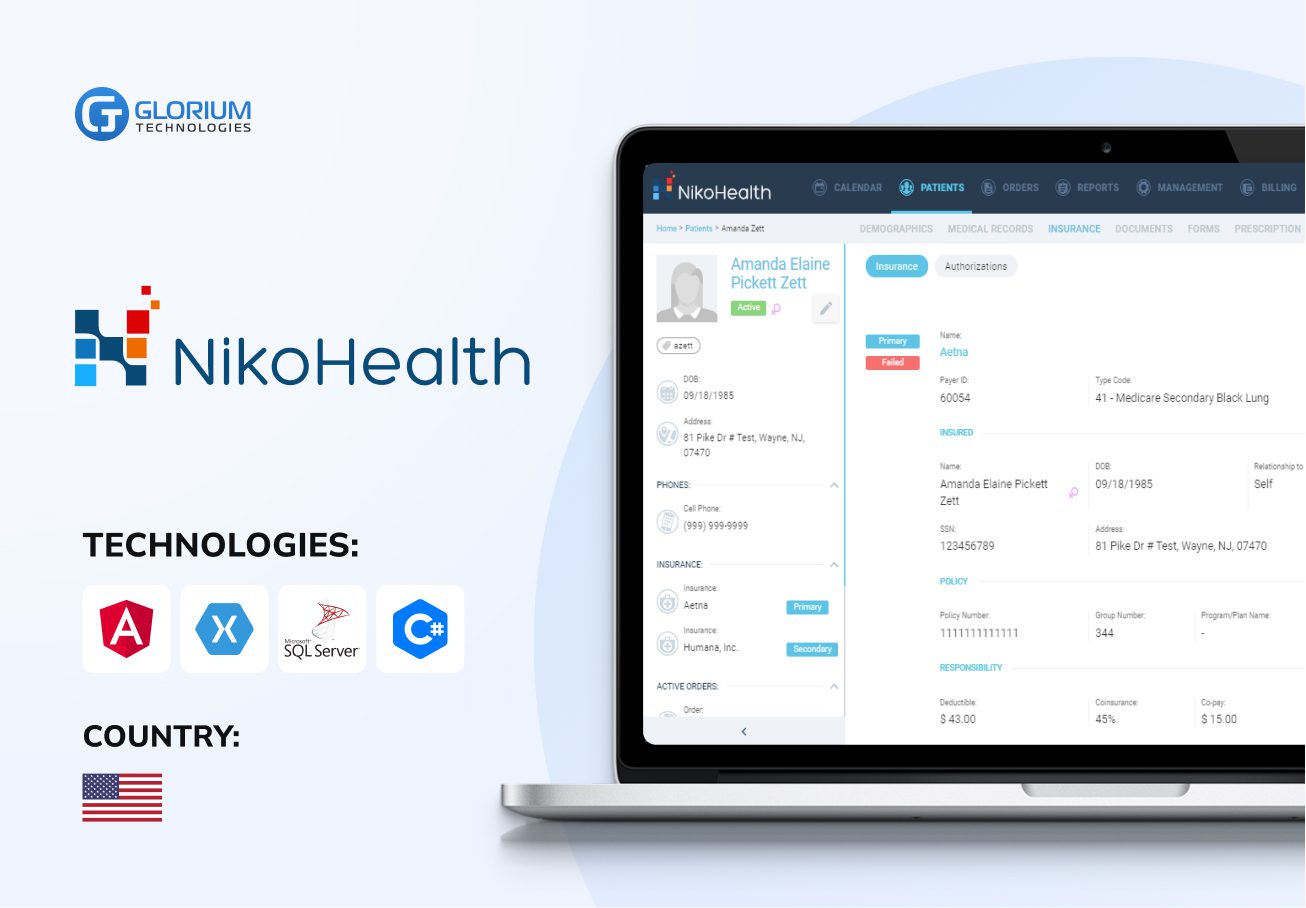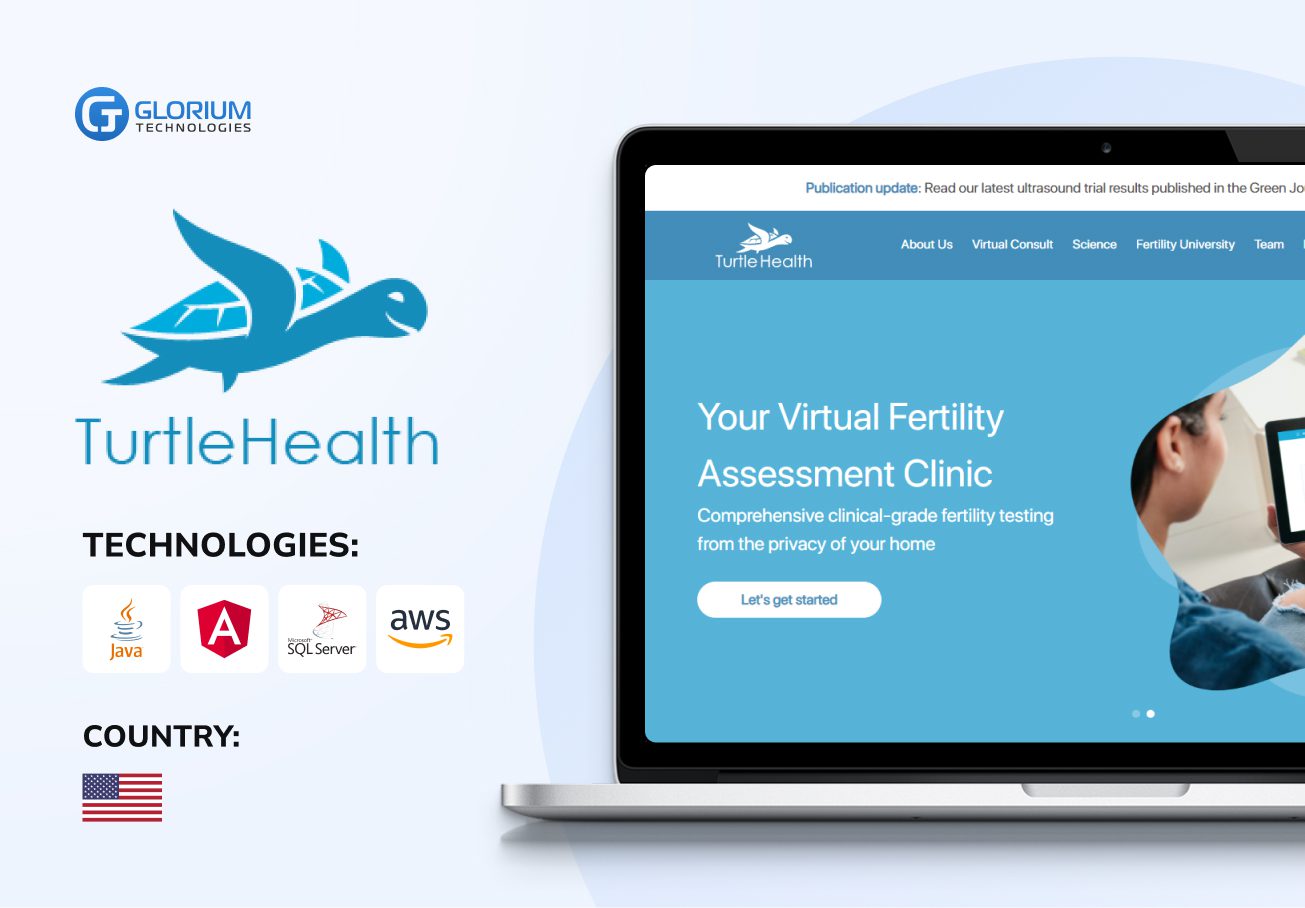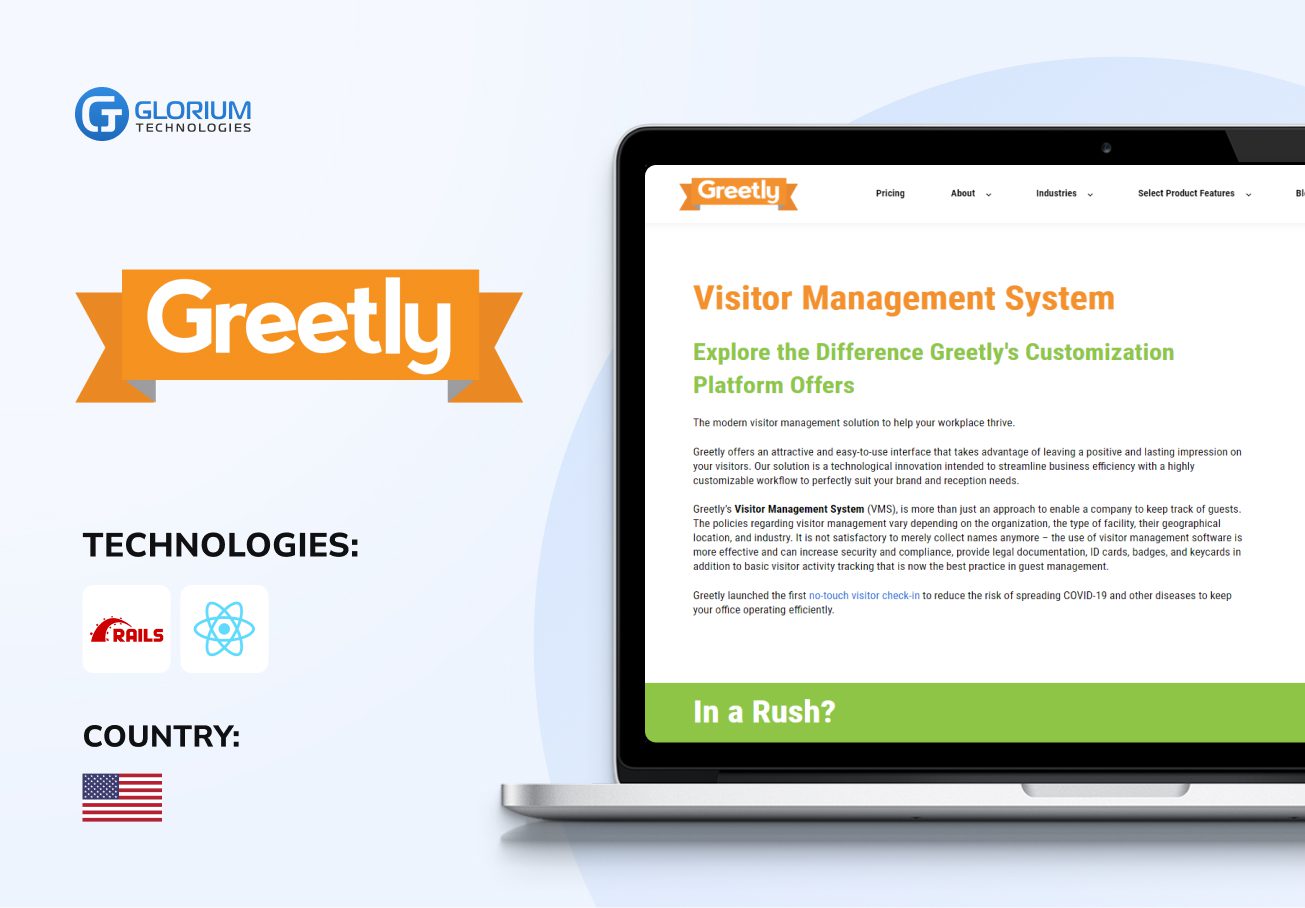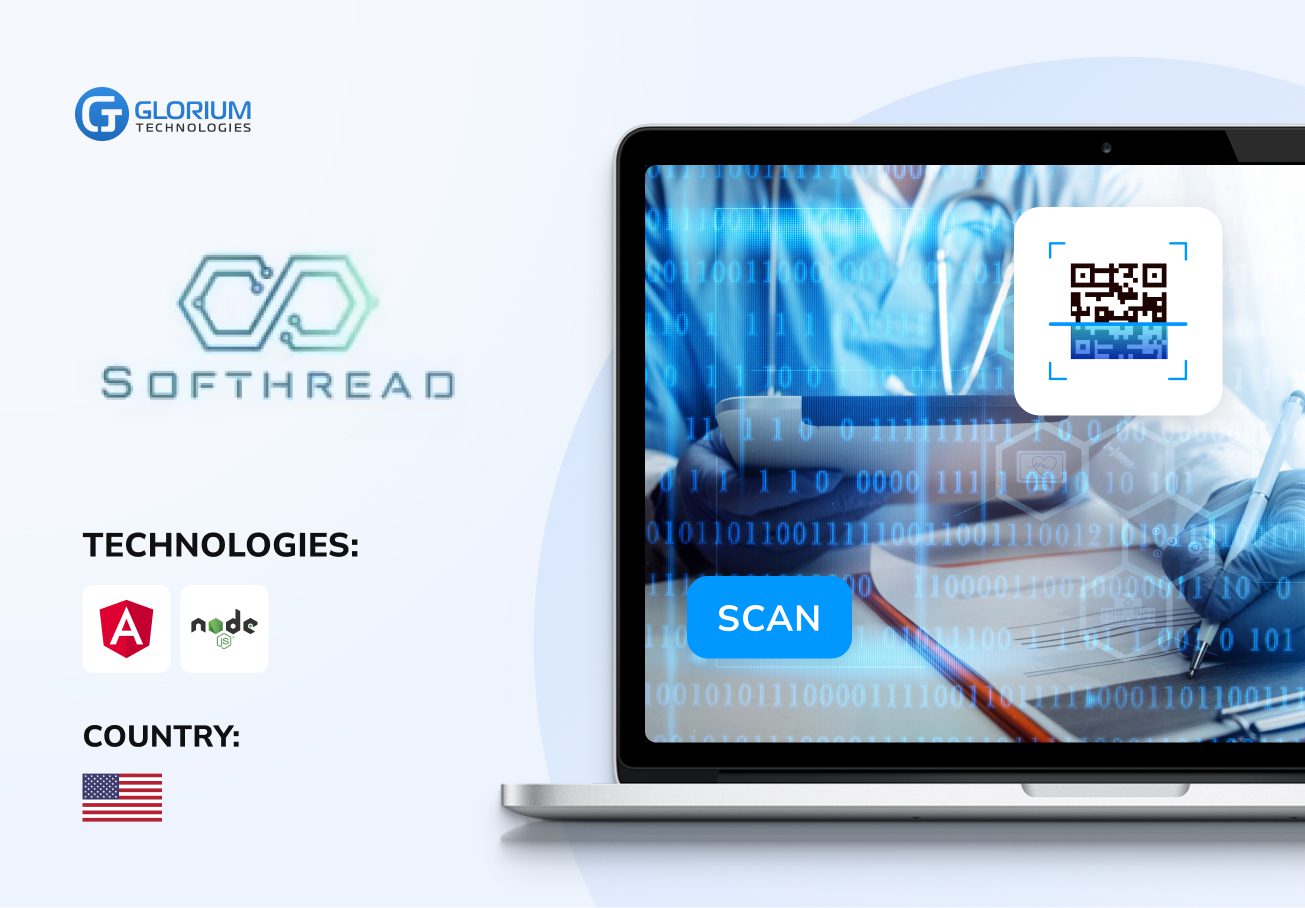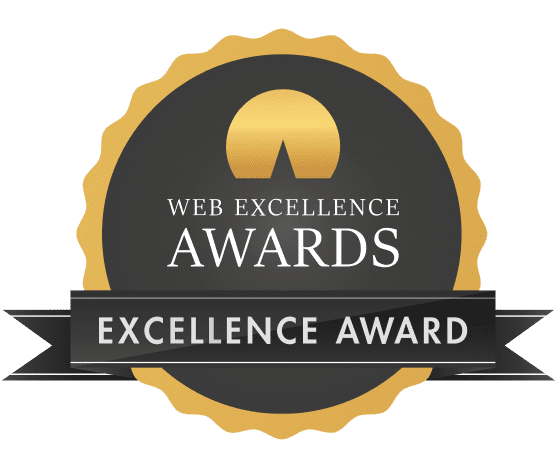Property Management Software Development
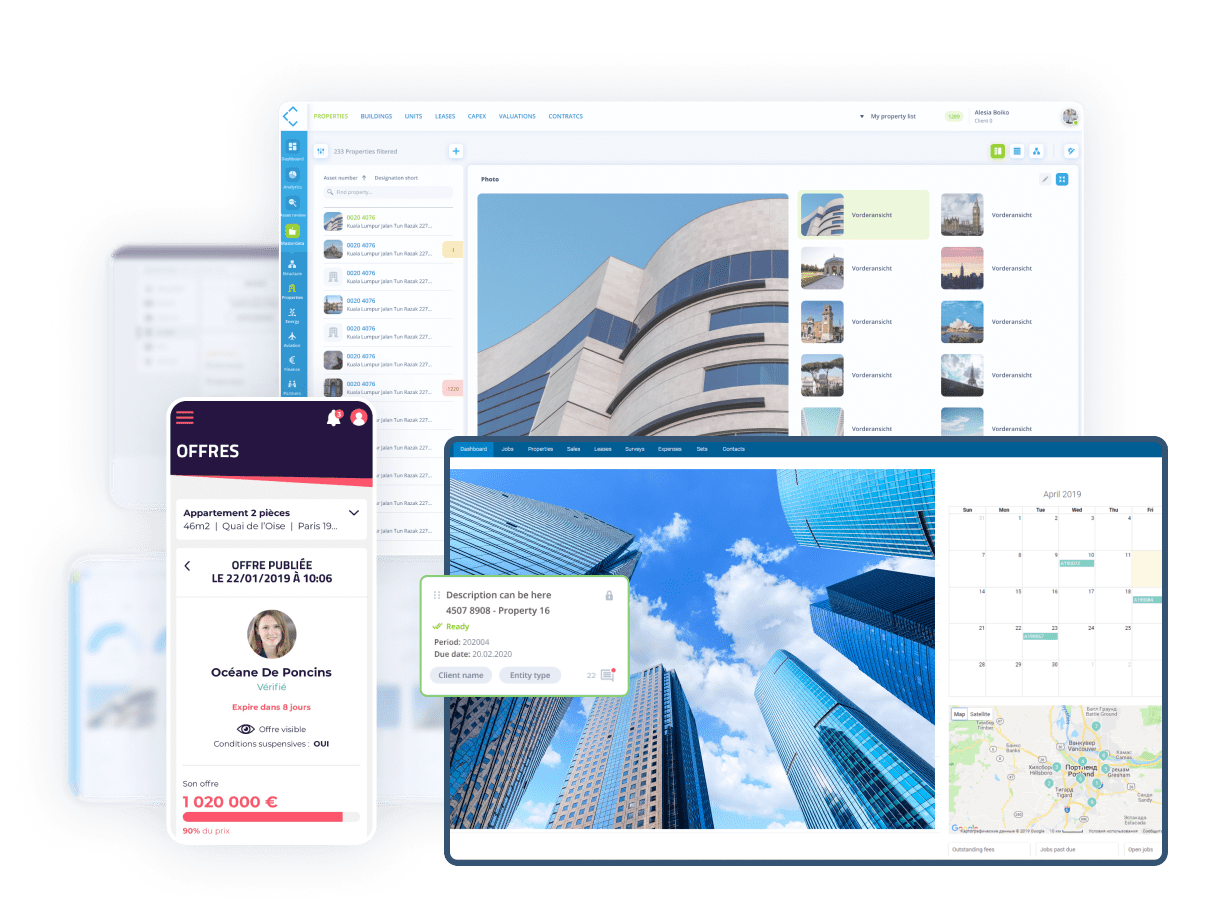

Plan Your Budget Confidently.
Choose Your Starting Point

Property management software provides a centralized platform to manage and monitor a large portfolio of properties. It streamlines property acquisition, maintenance, and disposal processes.
Property maintenance is crucial for preserving asset value. Property management software solutions allow for scheduling and tracking maintenance tasks, streamlining work orders, and managing contractors.
Handling a vast amount of property-related documents is a challenge. Property management systems store and organize documents such as contracts, leases, inspection reports, and permits in a secure digital repository.
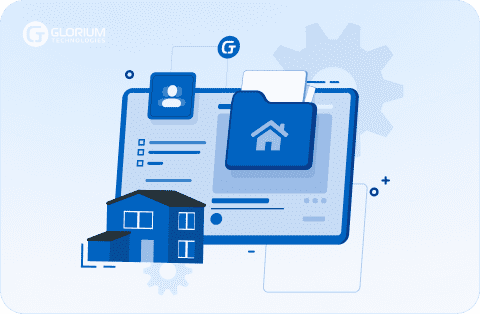
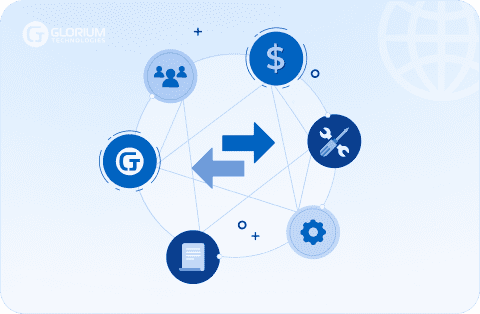
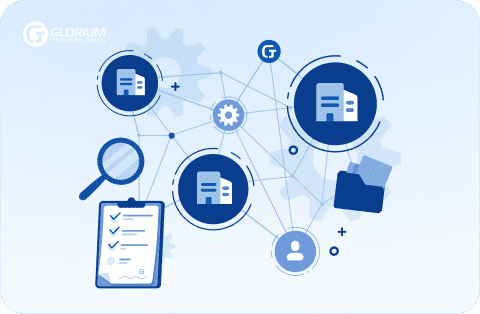
Why Custom Property Management Software Services?
Address the unique needs and workflows of your real estate portfolio. Whether you manage residential, commercial, or mixed-use properties, you can customize the software to align with your business processes.
Automate repetitive tasks, reducing manual data entry and administrative overhead. Increase operational efficiency with intuitive user experience and allow property managers to focus on more strategic tasks.
Custom software solutions are crafted to address the specific operational needs and challenges of your business, guaranteeing a seamless integration with your business model. Optimize efficiency, enhance productivity, and achieve your business objectives with precision.
Types of Property Management Systems We Develop
What Makes Us Experts in Property Management Systems Development?
Our firsthand knowledge of the industry’s challenges, trends, and regulations is invaluable when creating software solutions that meet the specific needs of property managers and owners.
Our expert development team listens to the needs and feedback of each client. We will collaborate closely with your property management professionals to understand their pain points and customize the software accordingly.
We create software with a wide range of features and modules. These may include property management apps, tenant communication, maintenance tracking, accounting, compliance tools, and reporting capabilities, among others.
Property Management Application Types We Build
Property Management Software for Platforms and Devices
Adjusting your property management systems for different platforms allows to manage properties, leases, and financials from any internet-connected device.
Must-have Property Management Apps Features
We empower real estate professionals to effortlessly craft and manage captivating property listings, seamlessly incorporating vivid descriptions, high-quality photos, and immersive virtual tours to maximize marketing impact and drive property visibility.
Our custom software offers robust features for tenant screening, lease management, and seamless communication, enabling landlords to efficiently track tenant information and lease terms while fostering transparent and effective landlord-tenant relationships.
Our custom Real Estate digital solutions integrate with popular accounting software or offer dedicated accounting modules tailored specifically for managing property finances, ensuring accurate and efficient financial management for property owners and managers.
We offer tools to empower professionals to create and manage property listings with vivid descriptions, high-resolution photos, and immersive virtual tours. Additionally, we provide robust features for tenant screening, lease management, and communication.
Our real estate software development services also include the convenience of online rent payment functionality, allowing tenants to easily submit payments through the platform for improved convenience and efficiency.
Our real estate software development services include features tailored to help property managers maintain compliance with local and federal regulations, ensuring adherence to legal requirements and minimizing compliance risks.
Within our real estate software development services, we provide robust tools for screening potential tenants, offering features such as credit checks, background checks, and rental history verification. Always make informed decisions and select reliable tenants confidently.
Embedded within our real estate software development services are advanced tools for efficiently tracking keys and managing access permissions for properties and individual units. Get full control and oversight, enhancing security and operational efficiency.
Why Custom Property Management Software from Us?
At Glorium Technologies, real estate management software development is one of our key specializations. Designing systems that help you manage your real estate is our passion.
Building custom property management software with us ensures robust data security measures.
Our custom solutions are designed to scale with your property management needs.
A vast selection of technology stacks to match your property management software needs.
We offer cost-effective development by tailoring the software precisely to your requirements.
Cost of Property Management Software Development
Recent healthcare clients

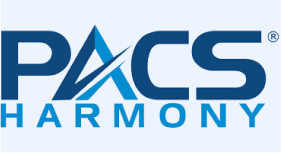


What our clients say about us
Our clients journeys
Who we are
About usGlorium Technologies is a full-cycle app & software development company which covers specific client business needs and manage them with the help of the best possible technology solutions.
Since 2010, we have been inventing digital breakthroughs, helping startups and businesses come out on top in their markets.

Why choose us
Let's Connect!
A Comprehensive Guide to Property Management Software Development
Property management software has become a key tool for property managers who want to streamline their operations and improve their service quality in rela estate market. We will give full overview of property management software, including how it’s developed and what are the main feaqtures and benefits.
First, let’s look at the current state of the real estate market. Over the past few years, the market has seen significant growth. For instance, the value of residential real estate, which includes housing units, has risen by about 5% annually on average across major global markets. This growth not only reflects the increasing demand for housing but also the need for efficient management of these properties.
The rise in market value is paralleled by an increase in the complexity of property management. Today, property managers must handle everything from tenant inquiries and lease management to maintenance issues and financial accounting. It’s a lot of work, and doing it manually is not feasible for most. That’s where property management software comes in. It simplifies these tasks, saving time and reducing errors, which is why it’s becoming a must-have tool in the industry. Let’s take a closer look at how this software is reshaping property management.
Types of Property Management Systems
In the property management field, several types of software systems are used to help manage different kinds of properties efficiently. Here’s a look at the main types:
- Residential Property Management Systems: These are designed specifically for managing rental properties like houses and apartments. They help property managers handle tasks such as rent collection, tenant information management, and maintenance requests efficiently.
- Commercial Property Management Software: This type of software is ideal for managing office spaces, retail units, and other commercial properties. It includes features that help with lease management, document storage, and even revenue management, making it easier for commercial real estate owners to keep track of their business operations.
- Industrial Property Management Systems: Aimed at managers of warehouses and manufacturing facilities, these systems often include robust features to handle the unique needs of industrial properties, such as heavy equipment management and large-scale maintenance operations.
- Hotel Management Systems: These are specialized property management systems designed for the hospitality sector. They help in managing bookings, room service, housekeeping, and other guest-related services, ensuring smooth operations in hotels.
- Condominium Property Management: This software helps manage condominium complexes, dealing with aspects like common area maintenance, homeowner association (HOA) fees, and other community-related tasks.
- Custom Property Management Systems: Some property managers require software that is specifically built to suit their unique needs. Custom property management systems are developed from scratch and can include any tailored feature that a property management company might need, from detailed analytics to specialized reporting tools.
- Property Management App Development: With the increase in mobile usage, many property managers now prefer having a dedicated app. These apps allow managers and tenants to communicate more effectively, manage rent payments, and submit maintenance requests directly from their smartphones.
- Lease Management Software: This software focuses specifically on managing lease agreements between property owners and tenants. It includes tools for tracking lease terms, renewal notifications, and compliance with property laws.
Each of these systems serves a specific segment of the real estate industry, from individual rental properties to large industrial complexes. By choosing the right type of property management software, property managers can significantly improve their efficiency and service quality.
Custom Property Management System Software: Its Benefits
When it comes to managing properties, whether they’re residential homes, commercial spaces, or industrial sites, one tool does not fit all. That’s why more and more property owners are choosing to build their own property management software. Let’s dig into the benefits of going custom with your property management system.
- Tailored to Your Needs: The biggest draw of custom property management software is that it’s made just for your specific needs. If you’re in the hotel industry, your software can focus on guest bookings and room services. If you manage rental properties, the software can concentrate on tracking rent payments and maintenance requests.
- Efficiency in Management: With software that’s built to handle exactly what you need, managing your properties becomes much smoother. For instance, a property management app can let tenants submit maintenance requests directly through their phones, and you get to track everything in real time.
- Integration Capabilities: Custom option can be designed to work seamlessly with your existing systems. This means you don’t have to change how you do things. Instead, the new software will fit right into your current processes, whether it’s about document management in commercial real estate or lease management in residential properties.
- Scalability: As your business grows, your custom variant can grow with you. It’s built to handle more properties or different types of properties as your portfolio expands. This makes it a great investment for the future of your business.
- Security and Control: Owning your property management software means you have complete control over the security of your data. This is crucial in today’s digital age, where data breaches can be costly.
- Cost-Effective in the Long Run: While building custom software might seem expensive upfront, it can save you money over time. You avoid ongoing subscription fees from off-the-shelf software, and because it’s exactly what you need, it cuts down on wasted time and resources.
In conclusion, custom property management systems offer a direct route to managing your properties your way. They provide efficiency, integration, scalability, security, and can be more economical over time, especially as your real estate operations grow.
Main Features of Property Management Software Development
Developing property management software involves integrating a range of features that cater to the unique needs of property managers and owners. Here are some of the main features typically included in property management software:
- Tenant management: This feature allows property managers to keep track of tenant details such as contact information, lease terms, rental history, and payment records. Efficient tenant management ensures that all tenant-related operations, from onboarding to offboarding, are streamlined and documented.
- Lease tracking: Essential for managing the terms and conditions associated with each property, lease tracking functionalities include alerts for lease expirations, renewals, and rent adjustments. This helps in maintaining continuous occupancy rates and ensures compliance with leasing agreements.
- Rent collection: Digital rent collection is a core feature that allows for automatic billing and payment processing. This can include the setup of recurring payments, late fee calculations, and direct deposit to bank accounts, simplifying the monthly collection process.
- Maintenance management: A comprehensive property management system includes tools for reporting and tracking maintenance requests. It allows tenants to report issues and enables managers to assign tasks to maintenance staff, track the progress of repairs, and record maintenance history for each property.
- Financial reporting and accounting: Integrating accounting features helps in managing budgets, tracking expenses, and generating financial reports.
- Document management: Storing and managing all relevant documents such as lease agreements, tenant communications, and compliance documents in a central, digital repository is another crucial feature.
- Communication tools: Effective communication channels within the software enable direct communication with tenants, staff, and service providers. These tools can include messaging systems, email integration, and notifications.
- Marketing and property listing: Features that support the marketing of available properties, such as listing management, advertising tools, and integration with property listing sites, help in reducing vacancy rates and attracting potential tenants.
- Reporting and analytics: Advanced reporting tools provide managers with insights into operational metrics, financial performance, and tenant demographics.
- Mobile access: A mobile application or a mobile-friendly web interface allows property managers and tenants to access the system from anywhere, facilitating better communication and faster response to issues.
Development Process
The development process for property management software typically involves several key stages that ensure the final result meets the specific needs of its users. We will describe the main steps to build the perfect product:
- Requirement gathering: The goal is to gather all the necessary requirements that the software must fulfill, such as functionality, user roles, security needs, and integration with existing systems.
- Planning: Once the requirements are clear, the development team outlines a project plan. This plan includes timelines, resources, budget estimates, and milestones. During this phase, the team also selects the technology stack (programming languages, frameworks, databases, etc.) that will be used to build the software.
- Design: In this stage, the user interface (UI) and user experience (UX) designers create the layout and design of the software. The aim is to make the software easy to use and navigate while ensuring it is aesthetically pleasing. The design must also reflect the functional requirements gathered earlier.
- Development: Development is often divided into smaller modules or sprints, especially if using Agile methodologies. Each module is developed, tested, and reviewed in cycles to ensure quality and functionality.
- Testing: Concurrent with development, rigorous testing is conducted to ensure the software is free from bugs and meets all requirements.
- Deployment: Once the software has been developed and tested, it is deployed to a live environment where it becomes accessible to users. Deployment might be done in stages, starting with a limited user base to ensure smooth transition and to gather initial user feedback.
- Training and support: To help users make the most of the new software, training sessions and detailed documentation are provided. Ongoing support is also essential to resolve any issues users may encounter and to assist with any functionality questions.
- Maintenance and updates: After deployment, the software needs regular maintenance to fix any arising issues, update security measures, and improve functionality.
- Scaling and enhancement: As the user base grows or as new needs emerge, the software may need to be scaled or enhanced with additional features.
How to Choose a Reliable Partner?
Selecting an unreliable partner for developing property management software can lead to a number of problems including poor quality software prone to bugs and crashes, security vulnerabilities risking data breaches, non-compliance with regulations, budget overruns due to unclear pricing, delayed project timelines, inadequate post-launch support, and a lack of scalability.
These problems can disrupt daily operations, compromise tenant management, inflate costs, and impede the growth and efficiency of your business. Therefore, choosing a dependable software development partner is crucial for the success and sustainability of your property management operations.
Assess experience and expertise
When selecting a outsourcing partner the first thing to consider is their experience and domain expertise. It’s important to look at their past projects, especially those that align with your industry. For property management software, for instance, check if they have built similar systems and understand the specific challenges of the industry.
Check client testimonials and reviews
A reliable measure of a company’s credibility is what their clients have to say about them. Positive reviews from previous clients, particularly those who needed similar services, can give you confidence in their ability to deliver.
Evaluate communication and support
Effective communication is crucial for any outsourcing partnership. Ensure that the company you choose prioritizes clear, concise, and continuous communication. Assess how they handle project updates, queries, and any issues that might arise. Their approach to customer support is also vital; reliable partners offer robust support during and after the deployment of your project.
Consider the technical and security standards
The technical competency of your outsourcing partner must align with the latest industry standards. It’s crucial that they apply best practices in data security, given the sensitive nature of real estate data.
Analyze their flexibility and scalability
Your business needs may evolve, and so may your software requirements. A partner should be able to scale the solutions they provide and adapt to changing demands without disrupting existing operations. Their ability to flexibly handle project changes is a significant advantage.
Look at their development methodology
Understanding the development methodology of an outsourcing partner is key. A reliable partner employs a methodology that ensures efficiency, transparency, and quality control, such as Agile or Scrum. These methodologies facilitate a more collaborative and iterative approach to software development.
Understand pricing models
Cost is always a consideration in outsourcing. Reliable partners should offer transparent pricing models that are competitive yet reflective of the quality they deliver. Ensure there are no hidden costs and that the pricing structure aligns with your budget and project scope.
Post-deployment services
Lastly, check what kind of post-deployment services are offered. Reliable software development companies provide maintenance, updates, and troubleshooting after the software goes live. This support is crucial to ensure the long-term success of your project.
Choosing an outsourcing partner like Glorium Technologies, with a solid reputation, proven expertise, and commitment to quality, will help ensure your project’s success. Contact us and we can make your project a reality.
Questions You May Have
Can tenants make online rent payments using property management software?
Yes, property management apps often provide tenant portals that enable tenants to make online rent payments securely, offering convenience for both tenants and property managers.
Is data security a concern with property management software?
Data security is a top priority for property management software providers. They implement robust security measures to protect sensitive property and tenant information.
How does property management software assist with compliance?
Property management software may include compliance tools that help property managers track and adhere to local and federal regulations, generate necessary documents, and manage security deposits, reducing compliance risks.
What is the difference between cloud-based and on-premises property management software?
Cloud-based software is hosted on remote servers and accessed via the internet, offering flexibility and accessibility. On-premises software is installed on local servers, providing more control but requiring maintenance and infrastructure.
Can property management software integrate with other systems?
Yes, real estate management software often offers integration capabilities to connect with accounting software, CRM systems, communication tools, and other tools of the real estate market for a seamless workflow.
How do I choose the right rental property management software for my needs?
To choose the right software for your real estate business, consider your specific requirements, budget, scalability, user-friendliness, and the reputation of the software provider. Seek recommendations and explore demos to make an informed decision.
